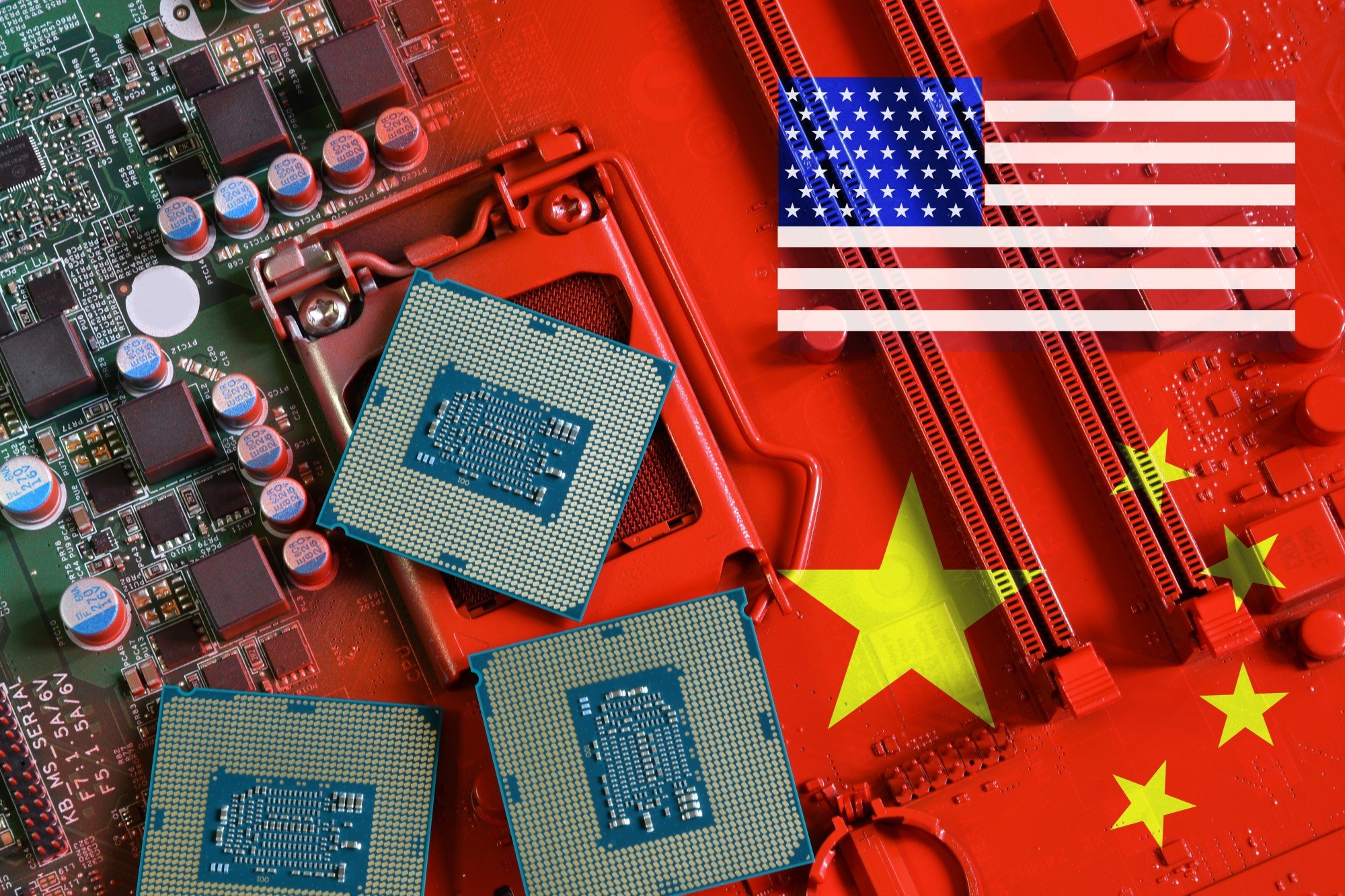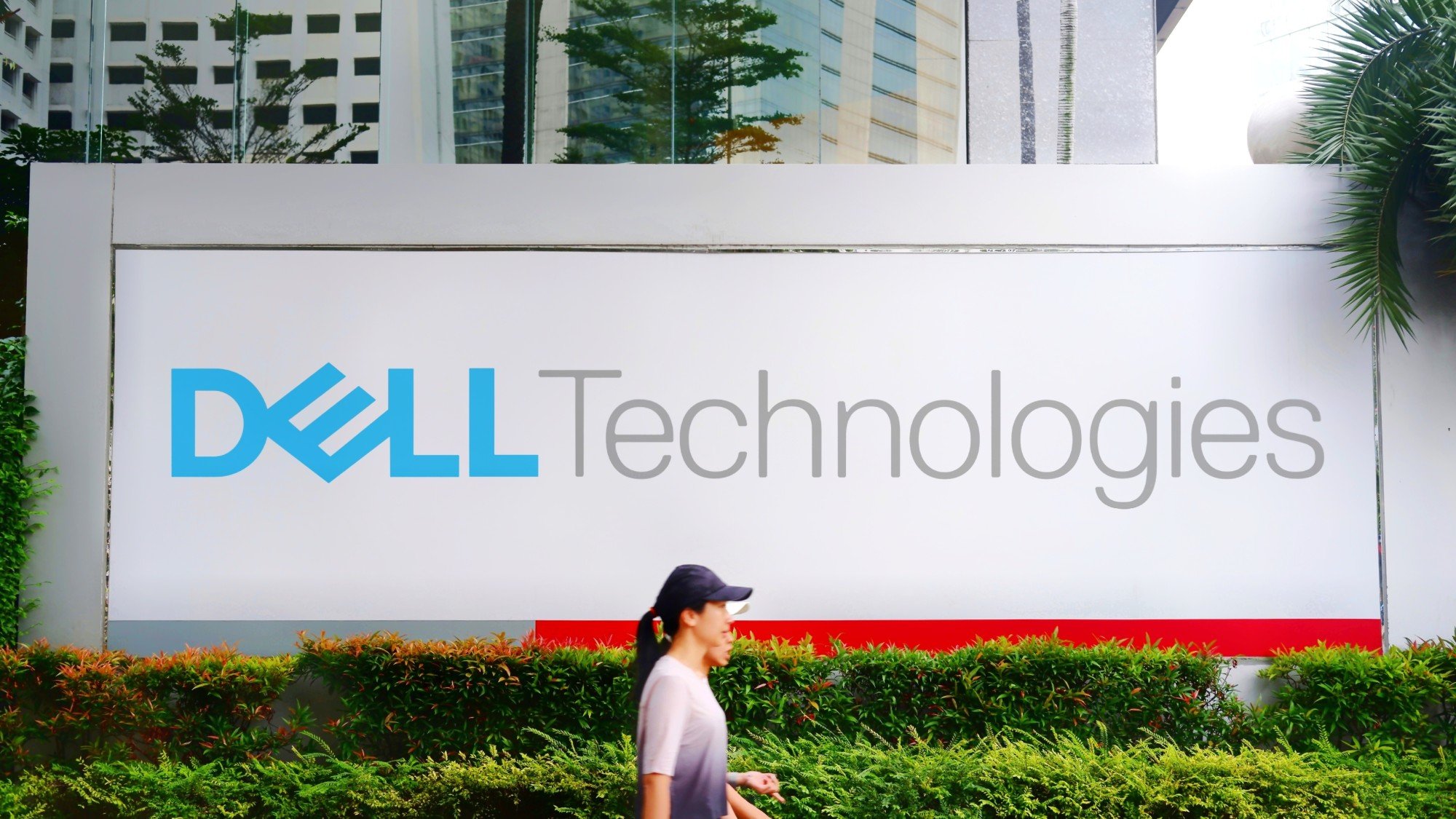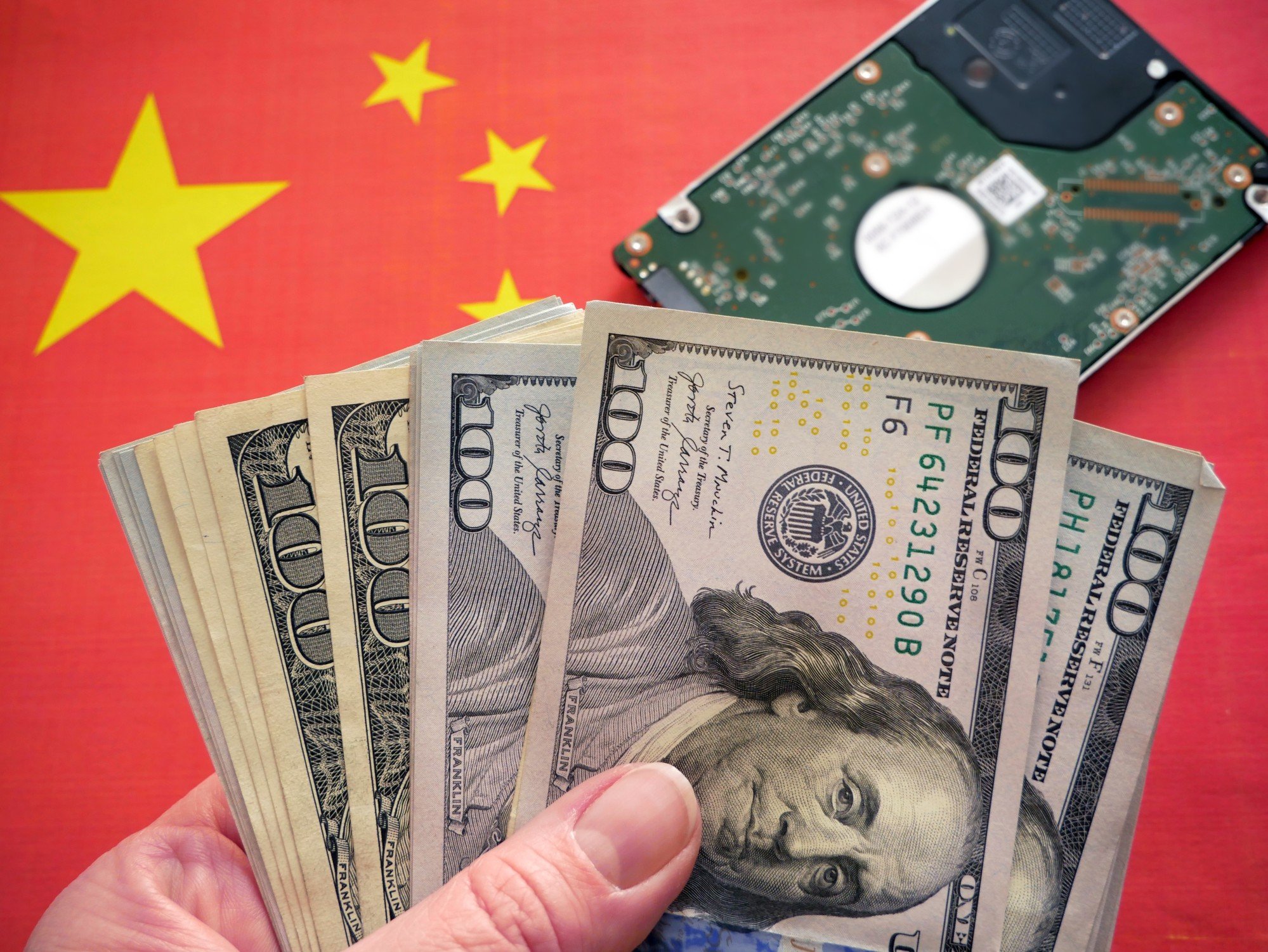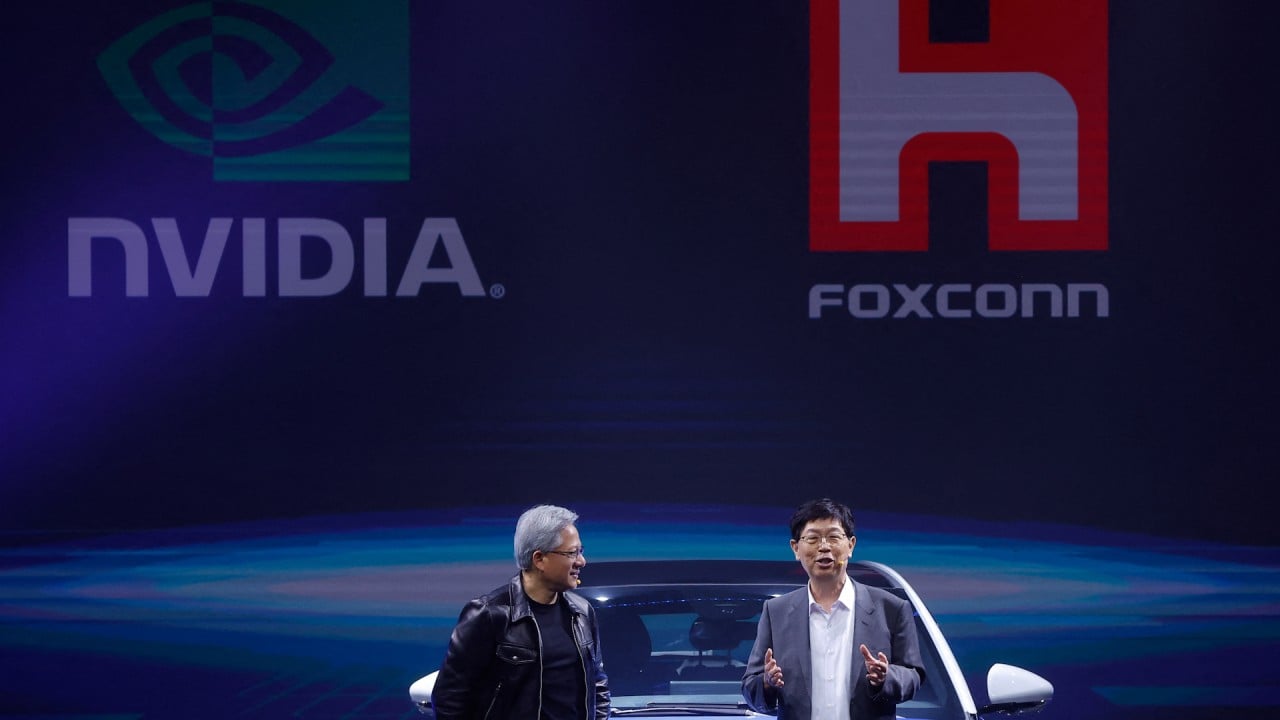The 11 sellers of Nvidia chips were little-known Chinese retailers. Reuters could not determine whether fulfilling the order used stockpiles acquired before the U.S. tightened chip export controls in November.

In an interview with Reuters, Nvidia said its bid specified products that were exported and widely available before the ban. “These are not indications that our partners have violated export control regulations and are just a small portion of the products sold around the world,” a company representative said.
The server maker said it would further investigate whether it complies with applicable laws.
Neither the Chinese buyer nor the retailer responded to Reuters' questions on the matter.
Daniel Gerkin, a Washington-based partner at the law firm Kirkland & Ellis, said that given the lack of downstream supply chain visibility, Nvidia's chips were shipped to China without the manufacturer's knowledge. He said it may have been diverted to other uses.
If manufacturers had done adequate due diligence, “it would probably be difficult for the U.S. government to pursue enforcement action,” Gerkin said.
The U.S. Department of Commerce told Reuters it could not comment on potential ongoing investigations, but said the Bureau of Industry and Security monitors the diversion of restricted chips, conducts end-use inspections and investigates potential violations. He said he was investigating.
A Commerce Department official said the agency will investigate credible allegations of violations, including the use of shell companies.

Nvidia says systems built using its graphics processing units (GPUs), chips that break down computer tasks into smaller parts and process them together, and resold by third parties will be subject to U.S. regulations. said it was necessary.
“If we subsequently determine that the product has been resold in violation of U.S. export control regulations, we will work with the customer to take appropriate action,” an NVIDIA spokesperson said.
Super Micro said it complies with U.S. requirements regarding the sale and export of GPU systems to territories and parties that require a license.
“If we find that a third party is exporting or reexporting without obtaining the necessary permits, we will investigate the matter and take appropriate action.”

In a letter to Reuters on behalf of Supermicro, U.S. law firm Claire Locke said that by proactively taking steps to ensure that its customers do not violate regulations, its customers can “comply with U.S. export regulations”. We are doing more than what is required of us.”
Regarding the bid that identified its products, Supermicro said the products represent “older generation or general-purpose servers that are incapable of AI operations on the largest scale available in China prior to export control regulations.” The winning supplier is “not a known customer of Super Micro,” the company said.
A Dell spokesperson said the company “has found no evidence that products containing the restricted chips you mentioned were shipped to the companies you named,” but that the company would continue to investigate.
“Our distributors and resellers must comply with all applicable global and export regulations. If we become aware of a distributor or reseller who is not complying with these obligations, we will We will take appropriate action, including terminating the relationship,” the spokesperson said.

Gigabyte said in an email that it complies with Taiwanese law and international regulations. The company did not respond to subsequent questions about the bid, which identified its products as the source of banned Nvidia chips. Taiwan's Ministry of Economic Affairs said it expects Taiwanese companies to respect U.S. export controls.
The deal was revealed in more than a dozen bids, but the bids found by Reuters in a public database cover only some purchases by mainland Chinese state entities. But this small snapshot shows that China still has access to advanced chips that U.S. officials say could support AI for military applications such as modernizing China's defense forces and developing weapons such as hypersonic missiles. Showing.
Each purchase was limited to a few servers and a few dozen banned chips. Still, it could be useful for training models and conducting advanced research, according to seven analysts and industry executives.
Bids ranged from 71,500 to 1.86 million yuan (approximately $10,000 to $259,000), and the purpose was not specified.

Under Chinese law, procurement agencies representing buyers in the country or with ties to the country must verify whether a supplier is able to fulfill its bid before it is announced as a successful bidder and a contract is signed.
Reuters analyzed only those bids where the winning bidder had been announced.
Companies and individuals accused of violating U.S. export controls can face civil or criminal penalties in the United States, including fines of hundreds of thousands of dollars and up to 20 years in prison for individuals.
Reuters was unable to determine why the vendor was no longer present in the market.



